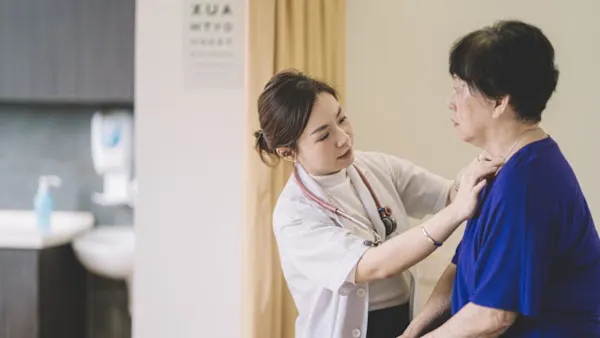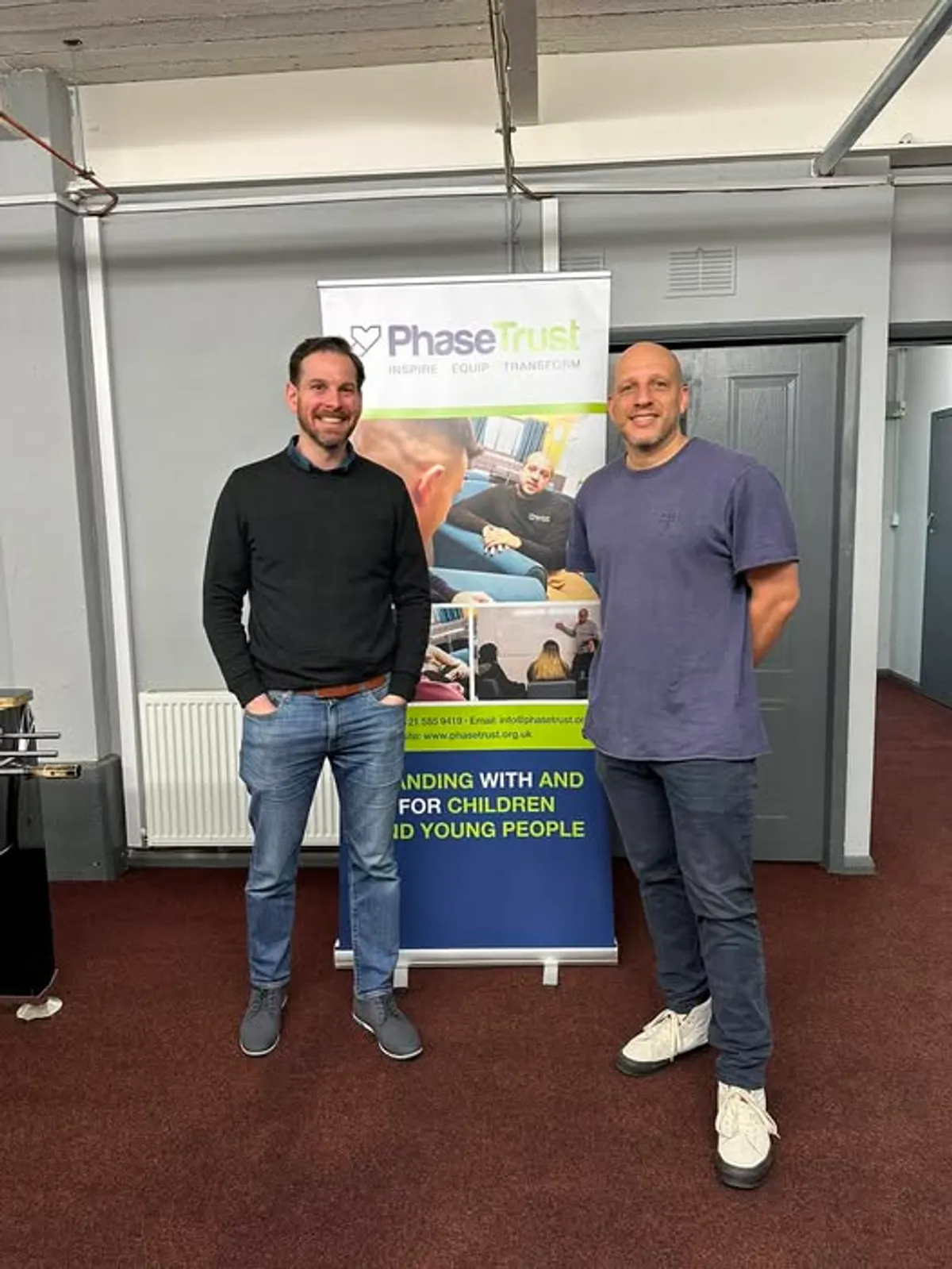Copyright channelnewsasia

HUGE DIFFERENCES BASED ON SEX And yet, until relatively recently, research on ageing – like most medical research – was traditionally focused on males. Male humans and even male lab animals were long thought to be equivalent to females, just without the “complications” of fluctuating hormones or pregnancy. That bias began to shift in the 1990s when researchers started enrolling more women in clinical trials. Then, over the last decade, several new initiatives prompted the National Institutes of Health to require the use of more female lab animals and female cells in research. “And surprise – it turned out there’s a huge difference based on sex, no matter what you do,” said Yousin Suh, a professor of reproductive sciences at Columbia University. Pushing for the inclusion of female animals and humans has not only made medical research fairer to women, but it has also given scientists new insights into how the body works, insights that may be lost on the current administration, which is cancelling research it deems connected to diversity initiatives. That’s unfortunate for everyone – women and men alike. Suh is leading a study using the human ovary as a test case for anti-ageing drugs. Scientists have had considerable success slowing ageing in mice, but those same techniques have not translated to humans. Ovaries may offer a better model because they consist of human cells programmed to age faster than those in other organs. Suh’s earlier research showed that ovarian cells undergo the same ageing-related steps as the rest of our bodies: DNA accumulates mutations; the “epigenetic” system that activates and silences genes becomes scrambled; cellular “power plants” known as mitochondria lose function; and stem cells lose their ability to regenerate tissue. She’s currently co-leader of a clinical trial enrolling young and middle-aged women to investigate the effects of a potential anti-ageing drug called rapamycin. The drug, derived initially from soil collected on Rapa Nui (Easter Island), is currently approved to suppress immunity and prevent rejection of transplanted organs. Multiple studies have shown that rapamycin can dramatically slow ageing in mice, and while some researchers suspect it could extend the human lifespan too, proving it would take decades, given how long humans live. A faster timescale is one big advantage of studying human ovaries. Researchers are monitoring the effects of rapamycin on various markers of ovarian health, ageing and fertility, Suh said, noting that any improvements in fertility could reflect broader anti-ageing effects.



